Đinđić cabinet JSO transcripts
A Belgrade weekly published shorthand minutes from closed sessions of the Đinđić government dedicated to the 2001 JSO mutiny.
Friday, 06.07.2007.
14:30

Đinđić cabinet JSO transcripts
“The situation in Serbia’s public power enterprise, railways and any other public company is no better. I see electric energy as a bigger problem than the Red Berets,” Đinđić said in a session held on November 11, 2001.“Before I traveled to Kula, I asked the same question, [of whether the government was strong enough to disband the JSO], and based on the answer I got from the relevant sources I went there. Otherwise, I would never have talked to a unit of 100 or 200 men and let them blackmail me. Trust this assessment, this is an interim phase that will allow us reorganization, which is necessary, in order to solve these things. This is just like Crvena Zastava [Kragujevac automaker],” Đinđić told his cabinet.
He also demanded that the government state in public that they accepted the Ministry of the Interior (MUP) report on the protest expressed by its unit stationed in Kula.
“Everyone has broken the laws while protesting in this country. Miners, unions, and in each of these cases we have said, let’s see whether the ministry with the jurisdiction in the matter will come up with a solution that will not fan the flames. And we have plenty of time to react more sharply, if things get more serious.”
“We have to tone down our rhetoric and avoid panic. This statement has to signify our support for the Interior Ministry and send a message that everything is fine and under control,” the late prime minister said according to the transcripts.
Former Deputy Prime Minister in the Đinđić cabinet and Social Democratic Union (SDU) leader Žarko Korać said that publishing these transcripts meant to further manipulate the JSO protest.
“It is yet another attempt to alleviate then Yugoslav President Vojislav Koštunica from responsibility, since he publicly supported this act of high treason,” he said.
Korać said that Đinđić’s words, were “completely misinterpreted”, stressing that he sat next to Đinđić during all the sessions of his cabinet.
“Đinđić wanted to send a soothing message to the Serbian government, and Koštunica’s backing of the rebellion worried him,” according to Korać.
“Đinđić believed that he should pay a visit to the JSO headquarters in Kula right away and negotiate a compromise to end the rebellion,” he added.
Korać underscored that transcripts from the sessions should not be published selectively, and advocated that they be made available to the public in their entirety.
In the fall of 2001, the JSO staged a blockade of the Belgrade-Novi Sad highway using service vehicles, armed and in full combat uniforms, demanding the resignation of the Đinđić cabinet minister of the interior Dušan Mihajlović.
A statement by then Federal Republic of Yugoslavia (FRY) president and present Serbian Prime Minister Vojislav Koštunica that “teachers and doctors protest in their clothes, while soldiers protest in uniforms,” was seen by some media and politicians as apologetic of the unprecedented event.
The JSO was disbanded on March 22, 2003, ten days after the Đinđić assassination, with its former commander Milorad Ulemek a.k.a. Legija and deputy commander Zvezdan Jovanović charged and found guilty for planning and executing the murder.





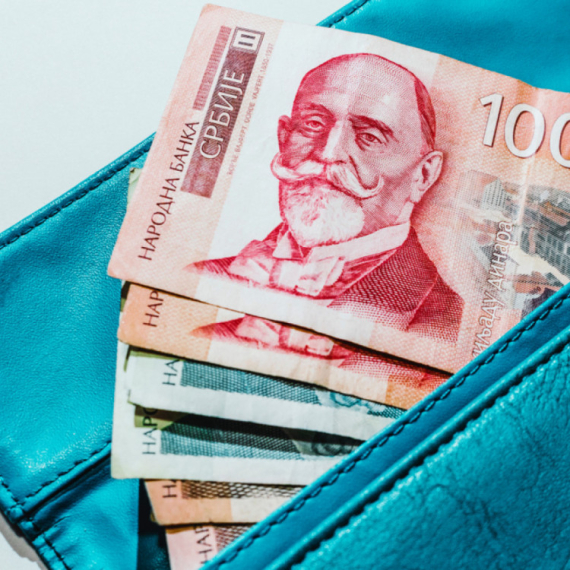




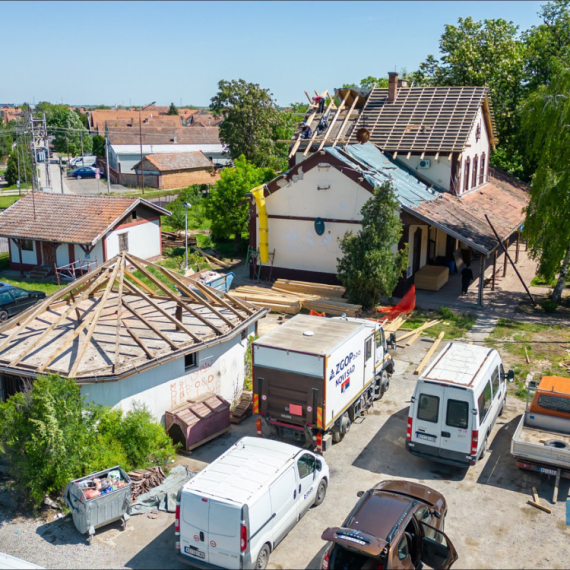



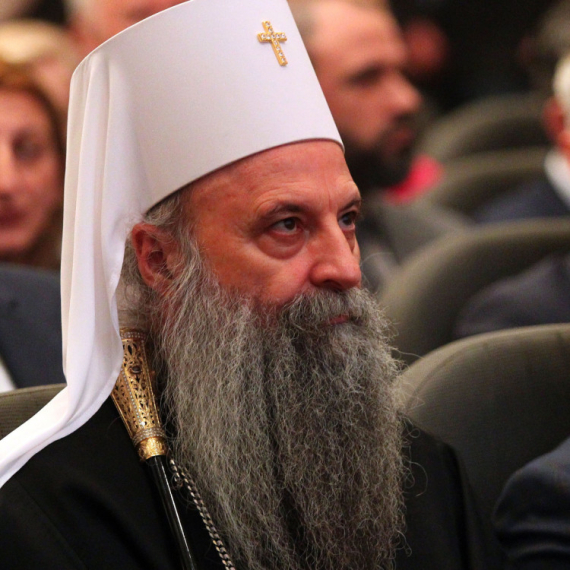
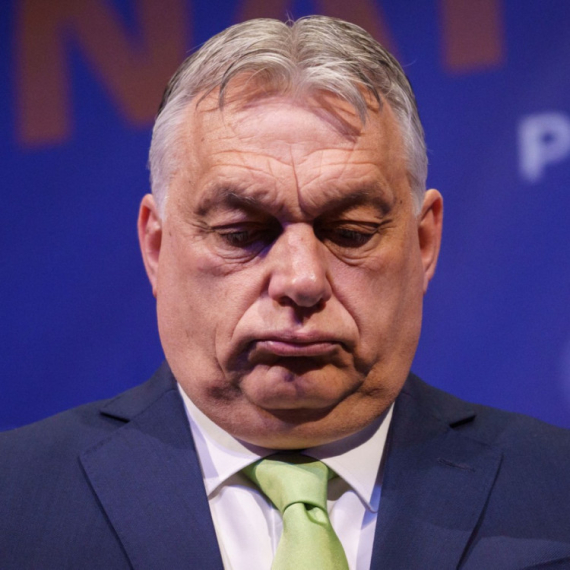
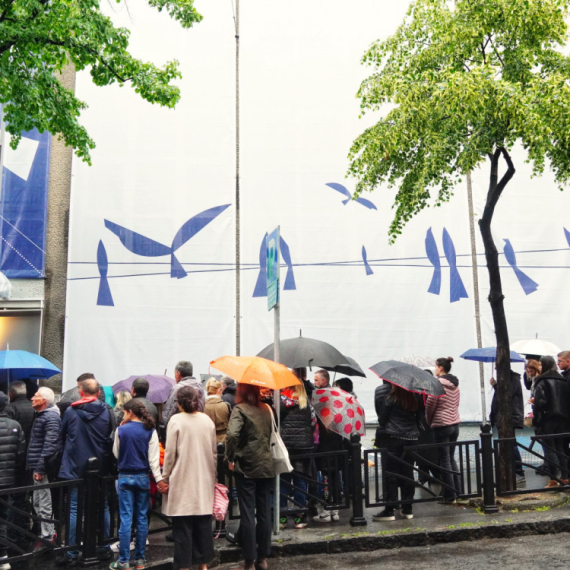
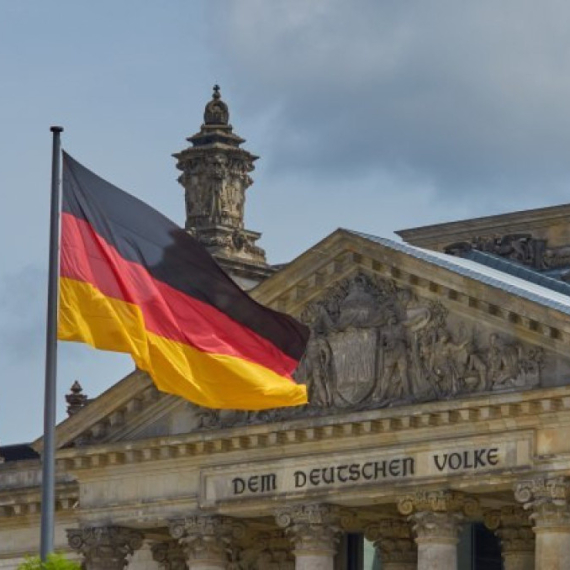


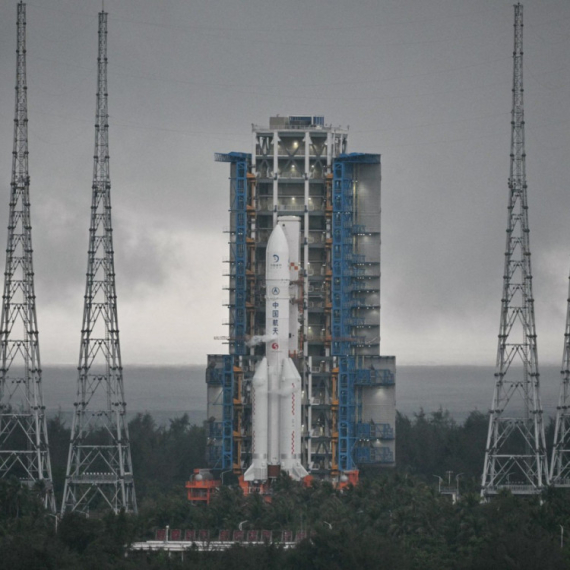
































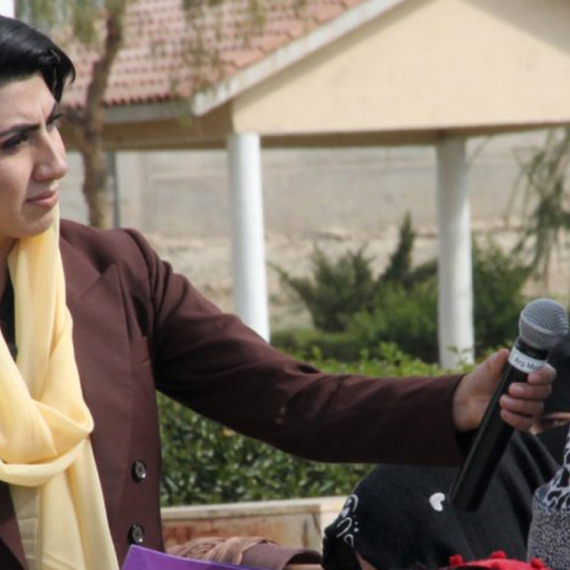
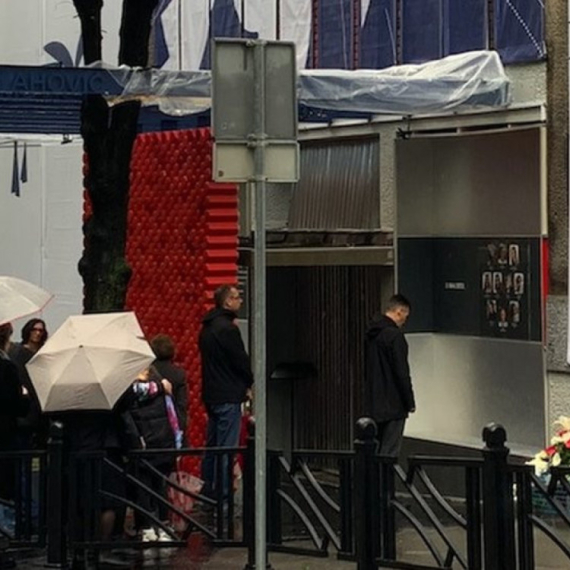
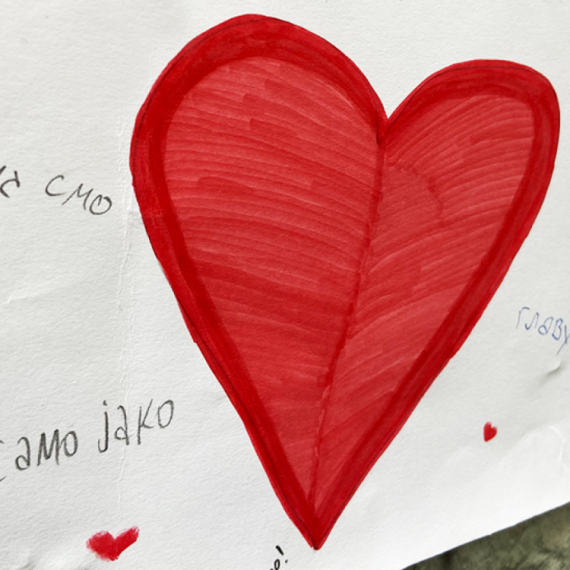



Komentari 0